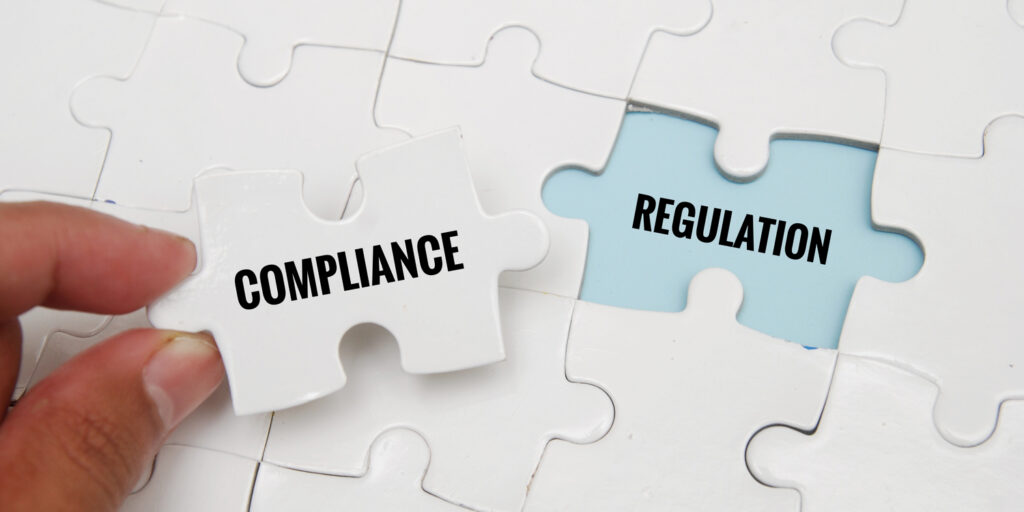Who are Companies House and HMRC?
Companies House is the regulatory body for limited companies in the United Kingdom. It operates as an executive agency of the UK government under the remit of the Department for Business and Trade.
HM Revenue and Customs (HMRC), which replaced Inland Revenue and Customs and Excise in 2005, is a government department that is responsible for the UK tax system, including the collection of Corporation Tax and VAT.
Whilst Companies House and HMRC operate independently of one another, they do work closely together in certain areas. This collaborative approach facilitates the exchange of vital information, helps to align and simplify their processes, and improves overall efficiencies.
- Company formations and Companies House
- The meaning of ‘active company’ status at Companies House
- What are the filing requirements of a limited company?
Companies House shares information with HMRC when new companies are incorporated and when certain company data changes. HMRC maintains a joint filing system for common areas such as limited company financial statements and annual accounts.
These two organisations also work together to combat economic crime by increasing corporate transparency and improving the quality of information on the companies register.
The role of Companies House
Companies House is the registrar of companies for the United Kingdom. This agency is responsible for:
- Incorporating and dissolving limited companies
- Examining and storing information about companies
- Making company data available to the public on the official companies register (aka the ‘Companies House register’ ‘the register of companies’, or ‘the central register’)
- Updating corporate data and maintaining the companies register
- Providing company search and electronic filing services
- Releasing quarterly and annual statistics on company incorporations and dissolutions, liquidations and insolvency, and corporate compliance
Every company that is registered in the UK must be incorporated by Companies House and comply with their reporting and filing requirements.
The role of HMRC
Formed in 2005, His Majesty’s Revenue & Customs (HMRC) is the UK’s tax, payments, and customs authority. Informally known as ‘the tax office’, this non-ministerial government department is responsible for raising income (‘Revenue’) through the collection of taxes (‘Customs’).
The taxes that HMRC collects, administers, and regulates include:
- Income Tax
- National Insurance contributions
- Corporation Tax
- Value Added Tax (VAT)
- Capital Gains Tax (CGT)
- Customs and excise duties
- Stamp Duty
- Inheritance Tax
- Environmental taxes
Additionally, HMRC is responsible for:
- Implementing and enforcing the National Minimum Wage
- Recovering Student Loan repayments
- Paying certain forms of state support to individuals and businesses (e.g., statutory sick pay, tax credits, Child Benefit, coronavirus grants and support schemes)
- Refunding tax overpayments
- Investigating cases of tax evasion
- Implementing regulations and guidelines to tackle financial crime
- Anti-money laundering supervision
The money that is collected by HMRC is used to fund the UK’s public services and provide targeted financial support to individuals and businesses where needed.
What information do I need to provide to Companies House and HMRC?
When forming a company, you will first deal with Companies House by filing an application to register a company (form IN01). You will need to choose a company name and provide information about your company and the people who own and control it.
Once your company has been set up, you have a legal responsibility to file information and reports with Companies House and HMRC.
Information for Companies House
Throughout your company’s lifetime, you will need to provide the following information to Companies House:
- Annual confirmation statements
- Annual accounts
- Changes made to your company’s details
You must also maintain up-to-date statutory registers (including a PSC register) and keep accurate company and accounting records at your registered office address.
Information for HMRC
Your first duty to HMRC is to register your company for business taxes, including Corporation Tax. When you register for Corporation Tax, you will be asked to provide certain details about your business, including the date that your annual accounts are made up to.
Thereafter, you will need to send the following information (where applicable) to HMRC:
- Annual accounts
- Company Tax Returns
- VAT Returns
- PAYE reports and payroll paperwork
- Self Assessment tax returns
Where applicable, you must also make payments of Corporation Tax, VAT, Income Tax, and National Insurance to HMRC by the deadlines provided to you.
Please note that the information provided in this article is for general informational purposes only and does not constitute legal, tax, or professional advice. While our aim is that the content is accurate and up to date, it should not be relied upon as a substitute for tailored advice from qualified professionals. We strongly recommend that you seek independent legal and tax advice specific to your circumstances before acting on any information contained in this article. We accept no responsibility or liability for any loss or damage that may result from your reliance on the information provided in this article. Use of the information contained in this article is entirely at your own risk.








Join The Discussion